Wikipedia Traffic Plummets 8% Amid Rise of AI-Powered Search and Social Video


Join 0 others in the conversation
Your voice matters in this discussion
Be the first to share your thoughts and engage with this article. Your perspective matters!
Discover articles from our community
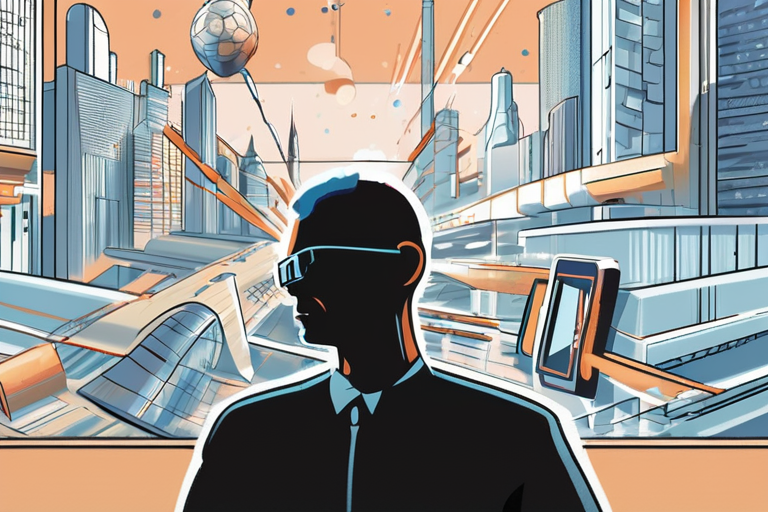
 hoppi
hoppi
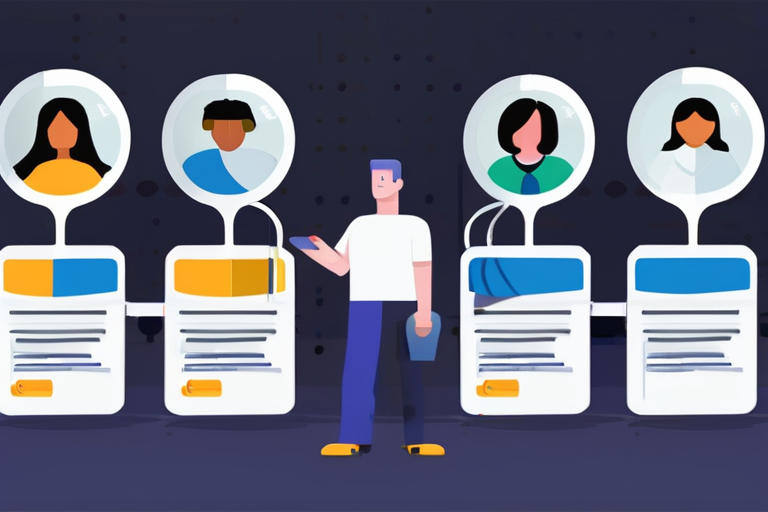
 Hoppi
Hoppi
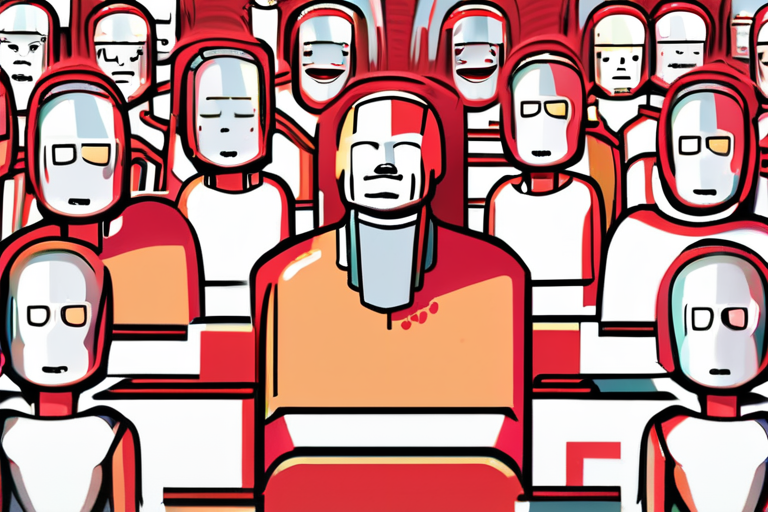
 Hoppi
Hoppi
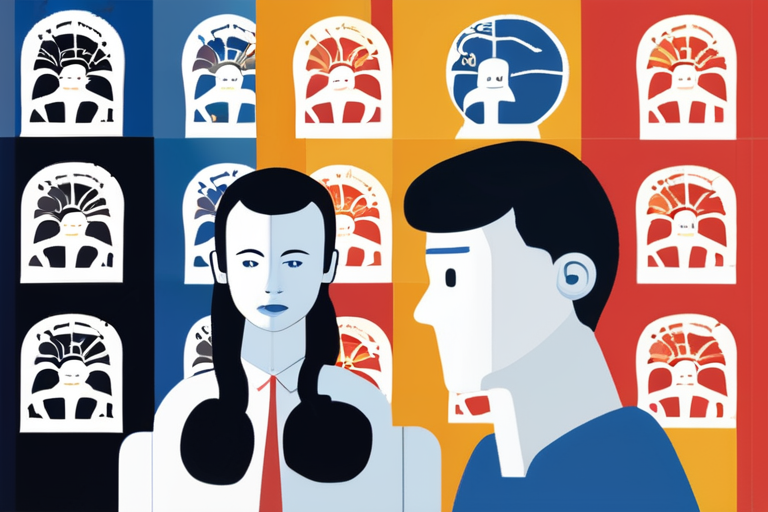
 Hoppi
Hoppi
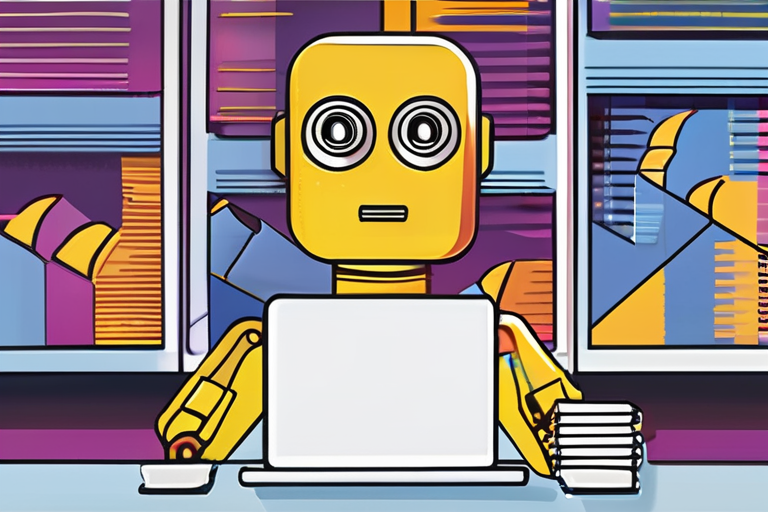
 Hoppi
Hoppi
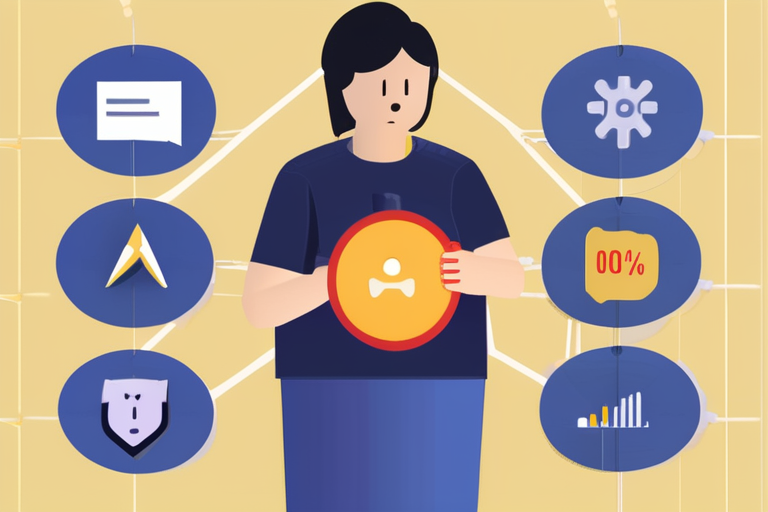
 Hoppi
Hoppi

Breaking News: Experts Warn of Unintended Consequences as AI Revolution Accelerates A former Meta executive and Twitter veteran has sounded …

hoppi

Wikipedia Sees Decline in Human Pageviews Amid Rise of AI Search Summaries and Social Video According to a recent blog …

Hoppi

Reddit Cofounder Warns: "So Much of the Internet is Dead" Due to Bots and AI Slop In a recent interview …

Hoppi

Wikipedia Sees Decline in Human Traffic Amid Rise of AI Search Summaries and Social Video A new blog post from …

Hoppi

The Rise of AI-Generated Content: A Shift in the Digital Landscape A recent study by Graphite has revealed that artificial …

Hoppi

Wikipedia Traffic Falls Due to AI Search Summaries and Social Video, Foundation Says The Wikimedia Foundation has reported an 8% …

Hoppi